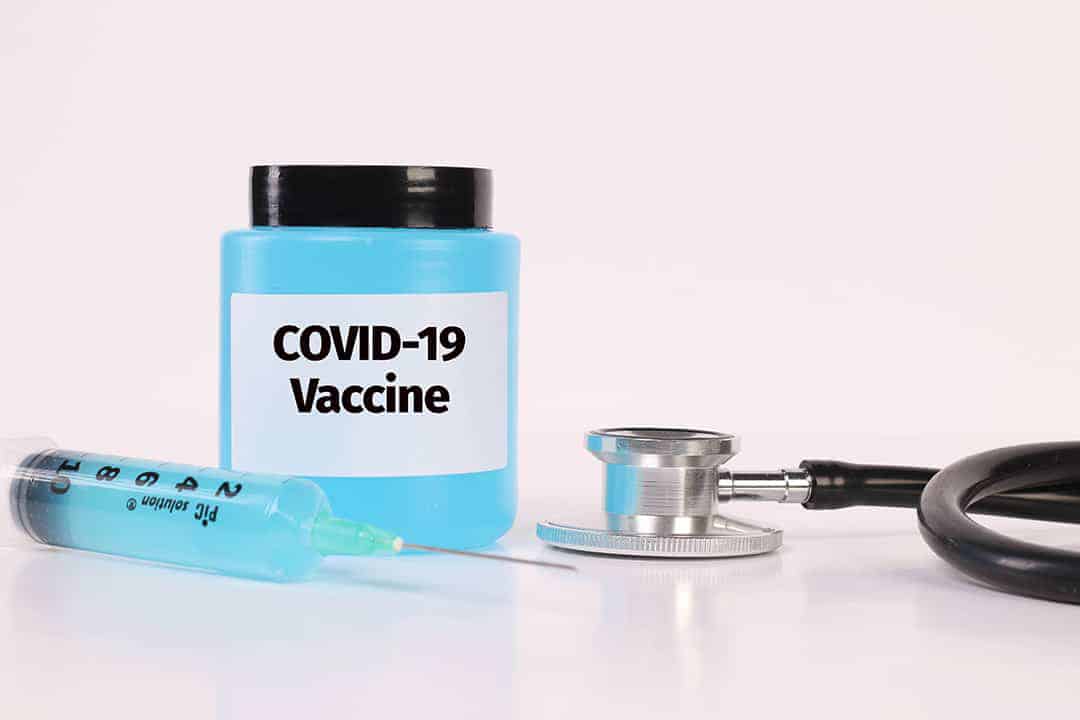The provincial government has announced that, as of September 26, bivalent booster doses of COVID-19 vaccines are now available to all adults in Ontario or to anyone older than 12 years of age who is immunocompromised. People without an Ontario health card may get vaccinated using alternate forms of identification.
The booster shots are designed for those who have already received their primary vaccine series — two doses of an mRNA COVID-19 vaccine — which is available to everyone in Ontario who is six months of age or older. The provincial government has suggested that people wait between three and six months after their previous dose of a COVID-19 vaccine before receiving another booster dose.
Ontario’s website states that booster doses of the COVID-19 vaccine are a safeguard that prevents individuals from losing the protection of the primary series over time. According to the announcement, the new booster dose is a bivalent vaccine that protects against both the original SARS-CoV-2 virus and its Omicron variant, which is common in Ontario.
National health data shows that COVID-19 case counts in Ontario have been falling since around this August, but Ontarians are still seeing over 8,000 new cases of COVID-19 per week, which is higher than the rates in September of last year.
U of T has stated that vaccines are a part of the university’s plan for a full return to campus. U of T’s website lists multiple possible locations to receive COVID-19 booster vaccines in Toronto, including walk-in clinics, Toronto Public Health, and the Discovery Pharmacy at the St. George Campus. Students in Mississauga and Scarborough can get vaccines through Peel Public Health and the Scarborough Health Network, respectively.
In an email to The Varsity, a spokesperson for U of T wrote that “[the university has] seen an increase in participation in many on-campus events during orientation and interest in activities such as intramural sports and fitness classes has jumped.”
The spokesperson stated that U of T encourages students to get vaccinated against COVID-19 and that the university is requiring “vaccinations, including at least one booster dose” for students living in residence, in order to support students’ health. The spokesperson pointed out that vaccination in residence is particularly important, and that “local public health units have indicated that having a high vaccination rate in communal-living settings benefits all those living there.”


